The External Advisory Board (EAB) of NSF I-GUIDE is charged with providing regular feedback regarding project execution and advice to help the Institute achieve the project objectives and sustainable impacts for broad and diverse communities.
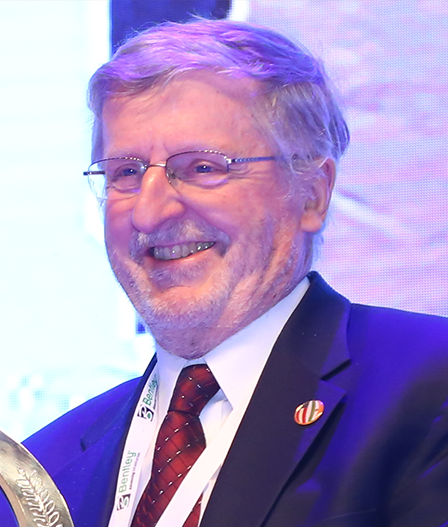
Michael F. Goodchild (Chair) is Emeritus Professor of Geography at UCSB where he also holds the title of Research Professor. He was elected member of the National Academy of Sciences and Foreign Member of the Royal Society of Canada in 2002, member of the American Academy of Arts and Sciences in 2006, and Foreign Member of the Royal Society and Corresponding Fellow of the British Academy in 2010. He was Chair of the National Research Council’s Mapping Science Committee from 1997 to 1999, and of the Advisory Committee on Social, Behavioral, and Economic Sciences of NSF from 2008 to 2010. His research interests center on geographic information science, spatial analysis, and uncertainty in geographic data.
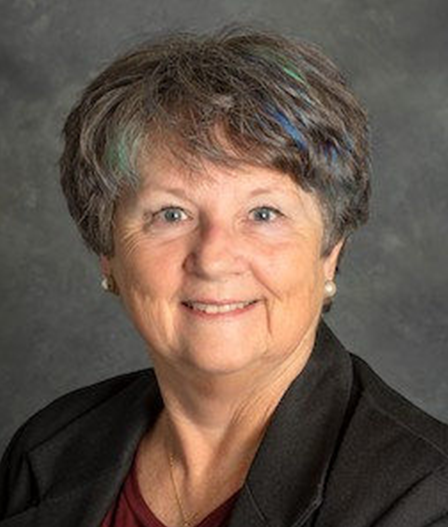
Susan L. Cutter is a Carolina Distinguished Professor of Geography at the University of South Carolina where she directs the Hazards Vulnerability and Resilience Institute (HVRI). Her primary research interests are in the area of disaster vulnerability/resilience science and how vulnerability and resilience are measured, monitored, and assessed. Cutter serves on many national advisory boards and committees including those of the National Research Council (NRC) and NSF. She chaired the US National Academies committee that authored the 2012 seminal report – Disaster Resilience: A National Imperative. Cutter is an AAAS Fellow. She received an honorary doctorate from the Norwegian University of Science and Technology (2015) and was elected as a foreign member of the Royal Norwegian Society of Sciences and Letters. She was also the recipient of her discipline’s highest awards: American Association of Geographers (AAG) Lifetime Achievement, Presidential Achievement, and the Wilbanks Award for Transformation Research.
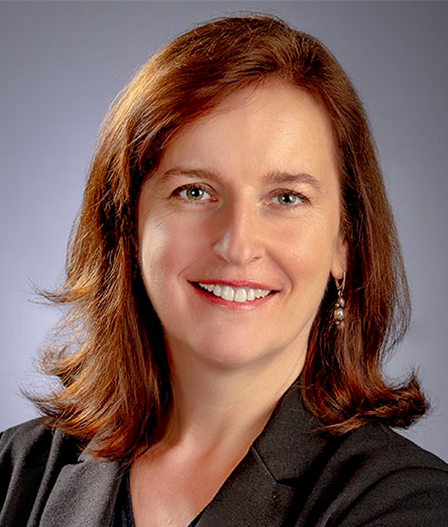
Ewa Deelman is a Research Professor of Computer Science at the University of Southern California (USC). She is also a Research Director of Science Automation Technologies and a Principal Scientist at USC’s Information Sciences Institute. Deelman conducts research in distributed and high-performance systems, focusing primarily on workflow and resource management. She is a principal investigator (PI) of the Pegasus Software Project, which designs and implements workflow mapping techniques for large-scale applications running in distributed environments. She is also the PI of the NSF Cyberinfrastructure Center of Excellence, CI Compass, which provides advice to the NSF Major Facilities. She is an AAAS Fellow and IEEE Fellow.
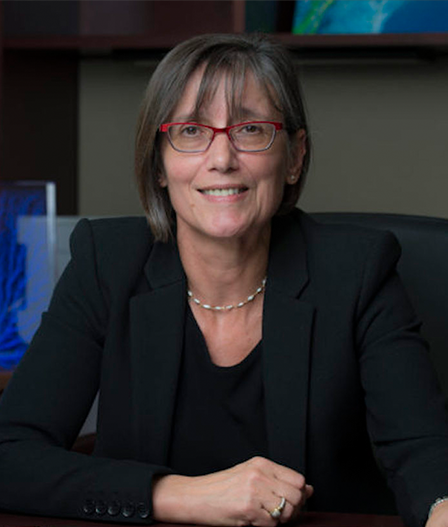
Efi Foufoula-Georgiou is a Distinguished Professor in the Departments of Civil and Environmental Engineering and Earth System Science and the Henry Samueli Endowed Chair in Engineering at the University of California, Irvine. Her area of research is hydrology and geomorphology, with special interest on scaling theories, multiscale dynamics and space-time modeling of precipitation and landforms. She has served in many national and international advisory boards including the Water Science and Technology Board of the National Academies, NSF Advisory Council for Geosciences, NASA Earth Sciences Subcommittee, and EU advisory boards, as well as a member of several NRC studies. She is a fellow of AGU, AMS, AAAS and an elected member of the European Academy of Sciences and the U.S. National Academy of Engineering.
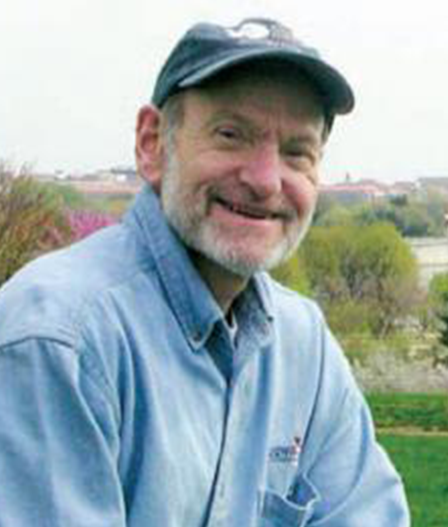
Clifford A. Jacobs is an independent consultant focusing on synergistically advancing geosciences and cyberinfrastructure. Previously, he served as the NSF program manager for the National Center for Atmospheric Research (NCAR) for a period of two decades and was a driving force behind the continuous modernization and upgrading of the NCAR supercomputer system which has served generations of university researchers well and supported the development of world-class community models for both weather and climate prediction for decades. Jacobs also played a leading role to develop the original vision for the UCAR Unidata program, providing leadership community tools to access, visualize and exchange data sets. More recently, Jacobs was a key intellectual leader for NSF’s EarthCube program. Jacobs led the design team that created the novel management and funding structure for EarthCube – one that stresses open source, open architecture, and resolutely community-based design.
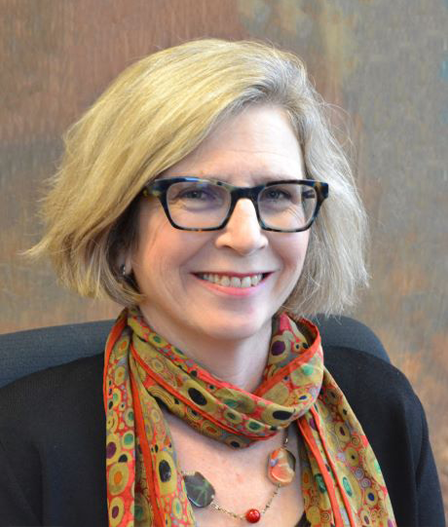
Margaret C. Levenstein is Director of ICPSR, the Inter-university Consortium for Political and Social Research, Research Professor at the Institute for Social Research and the School of Information, and Adjunct Professor of Business Economics and Public Policy at the Stephen M. Ross School of Business at the University of Michigan. She serves as Co-executive Director of the Michigan Federal Statistical Research Data Center (FSRDC) and co-chair of the Executive Committee of the FSRDC national network. She is the Associate Chair of the American Economic Association’s Committee on the Status of Women in the Economics Profession and past President of the Business History Conference. She is PI of an NSF-funded project to establish a repository of linked data and data linkage algorithms at ICPSR, a Sloan and NSF-funded effort to establish a Researcher Passport using open badges for credentialed, trusted researchers to access restricted data, and an NSF-funded project conducting experiments to encourage citizen-scientists to improve research metadata. She is the author of numerous studies on competition and collusion, the development of information systems, and using “organic” data to improve social and economic measurement.
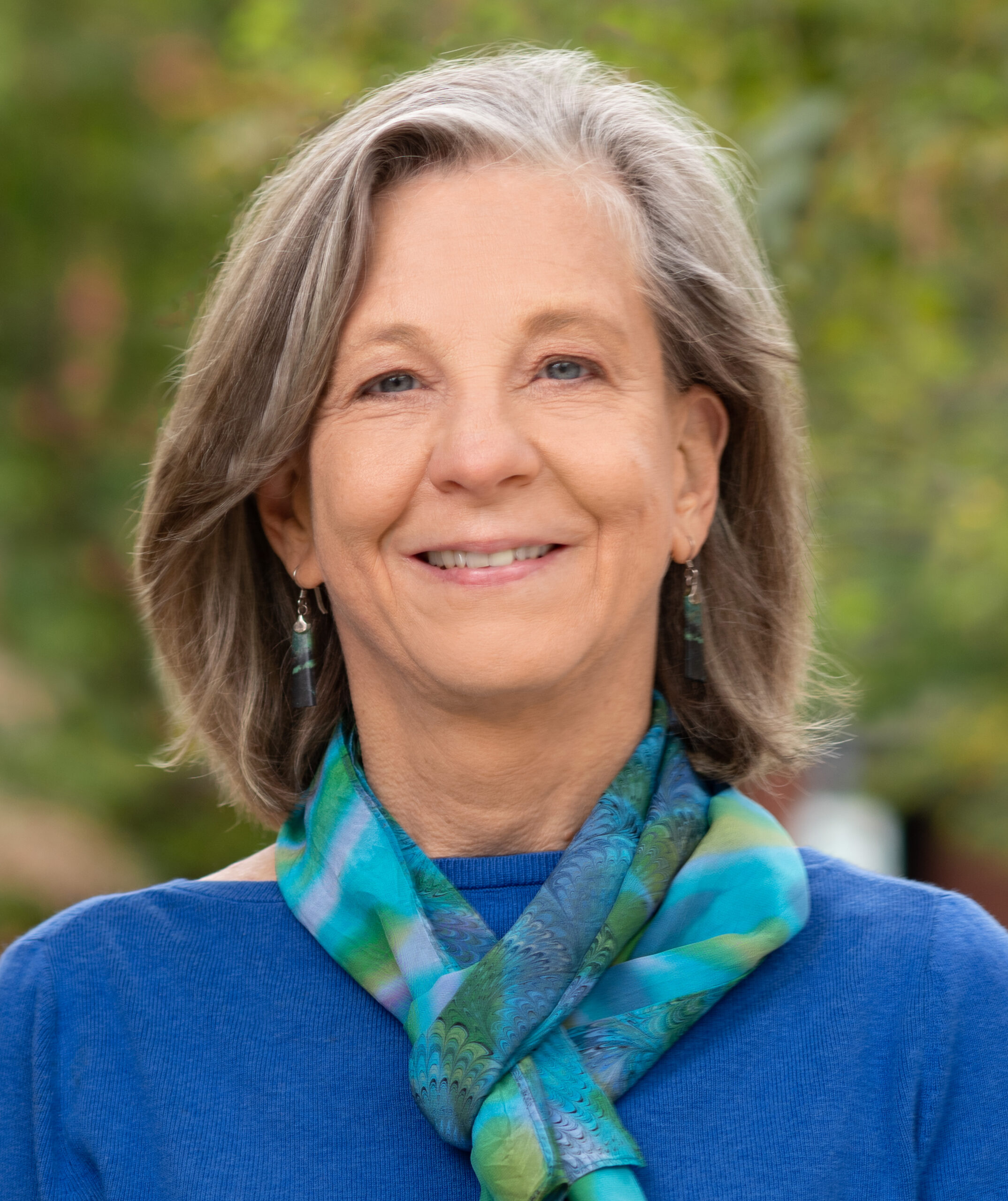
Margaret A. Palmer is the Director of the National Socio-Environmental Synthesis Center, an NSF- center dedicated to creating actionable science related for the sustainability of socio-environmental systems. As a Distinguished University Professor at the University of Maryland, she oversees research focused on watershed science and restoration ecology. Palmer is also known for her work at the interface of water science and policy, having served as a technical advisor and innovator to help build solution-focused teams that solve problems with social, legal, policy, and scientific aspects. Extensively published, she has served on many editorial boards including Limnology & Oceanography, Science, Environmental Research Letters, and Restoration Ecology, and has been honored as an AAAS Fellow, ESA Fellow, Aldo Leopold Leadership Fellow, Lilly Fellow, Ruth Patrick Awardee (ASLO), Sustainability Science Awardee (ESA), Research Excellence Awardee (SFS). Beyond her vigorous research program, Palmer remains actively engaged in science matters associated with national and local water policies and actions, particularly associated with the Appalachians.
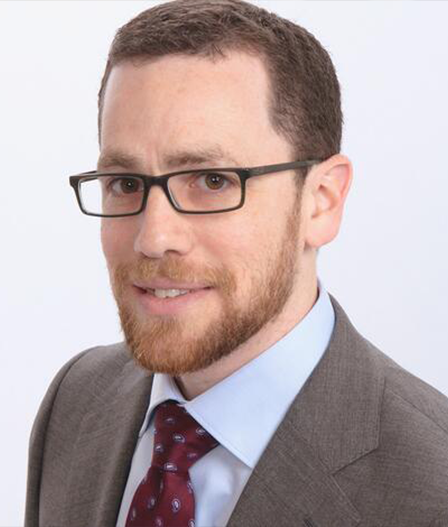
Michael A. Tischler is the Director of the National Geospatial Program (NGP) at the U.S. Geological Survey (USGS). The NGP provides the digital geospatial foundation for the United States, and is responsible for designing, planning, and executing the national topographic mapping program. Tischler provides management oversight and direction to the NGP including The National Map, the National Geospatial Technical Operations Center, the 3D Elevation Program, the National Hydrography Dataset, the US Topo Map Series, research activities performed at the Center of Excellence for Geospatial Information Science (CEGIS), and geospatial data and information in response to natural disasters. Tischler also serves as the Department of the Interior representative to the Domestic Names Committee of the U.S. Board on Geographic Names. Prior to joining the USGS, Tischler worked as the U.S. Army Corps of Engineers Geospatial Research Laboratory in Alexandria, VA providing strategic and technical oversight to a variety of basic and applied geospatial research projects.
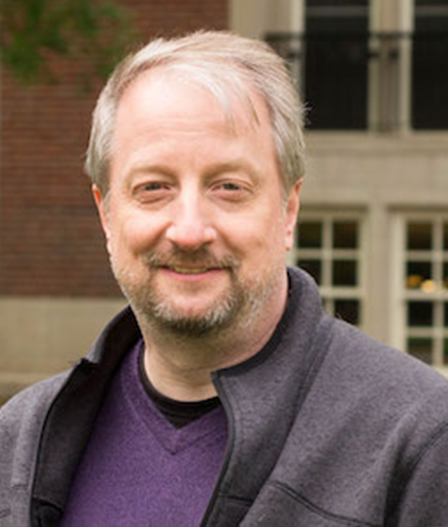
Michael Zentner is the director and PI of the Science Gateways Community Institute (SGCI) and director of Sustainable Scientific Software at the San Diego Supercomputer Center. Zentner also leads SGCI's Incubator effort and is Director of HUBzero® Platform for Science and Engineering, and co-PI on the nanoHUB.org project (a science gateway serving over 1.4 million visitors annually). He has previously been a technology company founder or senior team member for 18 years, has worked extensively to apply research in industry, and currently oversees the development and deployment of the HUBzero® science gateway platform, a self-sustaining business unit comprised of 25 full-time professionals.